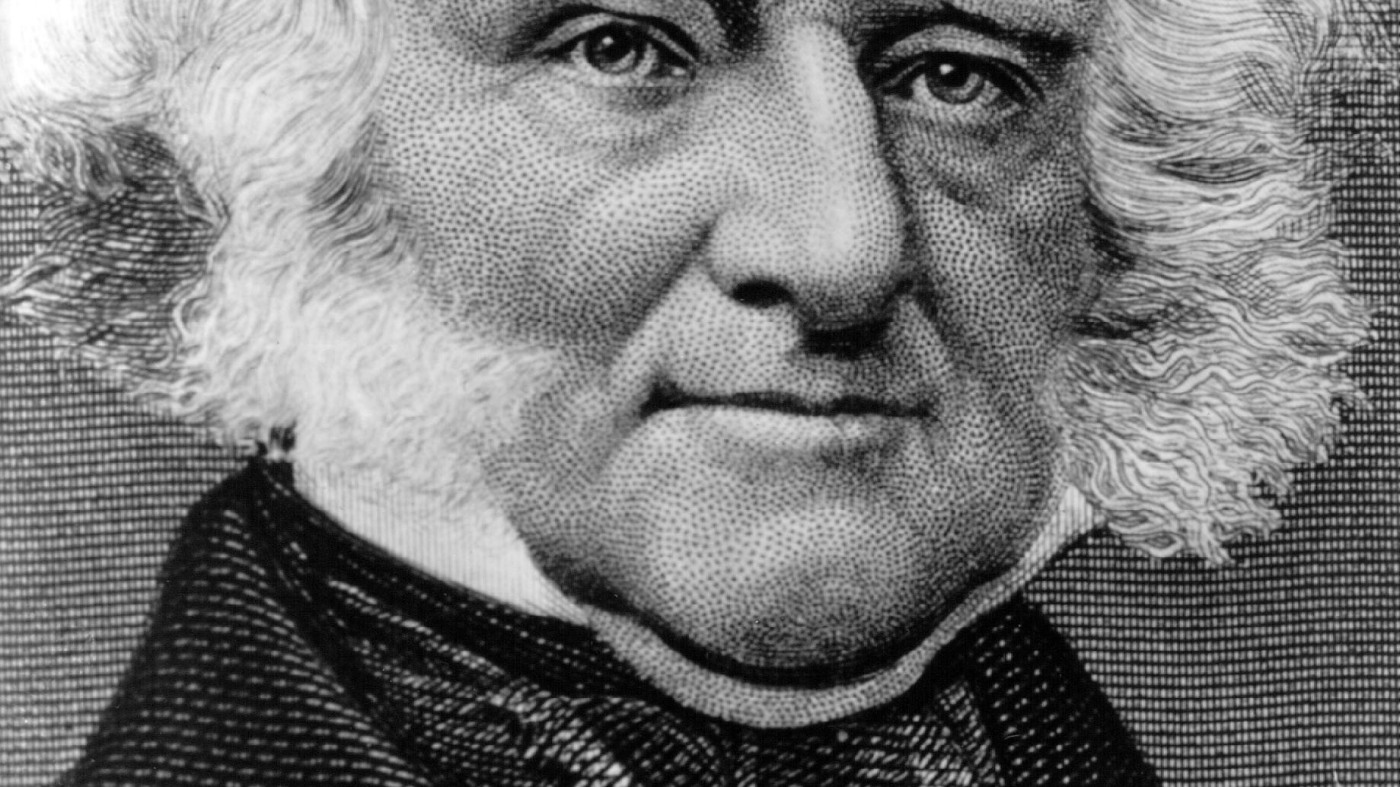The Global Phenomenon of “OK”: A Linguistic Journey
The Birth of a Linguistic Icon
The word “OK” is a linguistic marvel, transcending borders and languages with effortless ease. Its journey from an obscure American slang term to a global phenomenon is a testament to the power of simplicity and adaptability in language. The story begins in the early 19th century, a time of linguistic experimentation and playful misspellings. Intellectual circles and newspapers of the era were fond of creating humorous abbreviations and distortions, a trend that gave birth to “OK.”
The most widely accepted origin of “OK” is the playful misspelling “oll korrect,” a deliberate distortion of “all correct.” This abbreviation was used to signal approval or agreement, adding a layer of wit and insider knowledge to communication. Another theory suggests that “OK” originated from “Old Kinderhook,” a nickname for Martin Van Buren, referencing his birthplace in Kinderhook, New York. While the exact etymology remains debated, the “oll korrect” explanation is generally considered the most plausible.
The Political Catalyst: Van Buren’s Campaign
The transformation of “OK” from a niche slang term to a national sensation can be traced back to the 1840 presidential campaign of Martin Van Buren. Facing significant challenges, including an economic depression and widespread discontent, Van Buren’s supporters sought a rallying cry to project strength and resolve. They seized upon the “OK” moniker, linking it to Van Buren’s “Old Kinderhook” nickname.
The campaign leveraged “OK” as a powerful symbol, forming “OK Clubs” to promote Van Buren’s candidacy. The abbreviation appeared on posters, banners, and campaign paraphernalia, catapulting it into the national spotlight. Despite criticism from political opponents who derisively linked the term to Van Buren’s perceived failures, the widespread use of “OK” during the campaign solidified its place in the American lexicon.
Technological Advancements and Global Dissemination
While Van Buren’s campaign played a crucial role in popularizing “OK,” its journey to global recognition was further accelerated by technological advancements and industrial adoption. The invention of the telegraph provided a practical application for the concise and easily transmittable “OK.” Telegraph operators used it as a shorthand way to confirm that a message had been received and understood, contributing to its widespread adoption.
The railroad industry also played a significant role in spreading the use of “OK.” It became a standard term for conductors and railway workers to acknowledge instructions and ensure smooth operations. Its use in these vital sectors helped cement “OK” as a practical and efficient means of communication.
As American culture and commerce expanded globally, “OK” traveled with it. It was adopted into various languages and cultures, often retaining its original meaning while also adapting to local nuances. Its simplicity and versatility made it easily adaptable to different contexts, contributing to its universal appeal.
The Power of Simplicity and Neutrality
The enduring popularity of “OK” lies in its simplicity and versatility. It is a short, easily pronounceable word that transcends linguistic boundaries. It can be used as a noun, verb, adjective, or interjection, allowing it to adapt to a wide range of communicative situations.
Furthermore, “OK” carries a relatively neutral connotation. It can express agreement, acceptance, understanding, or simply acknowledgement without necessarily implying strong enthusiasm or disagreement. This neutrality makes it a safe and reliable choice in intercultural communication, where nuanced expressions might be misinterpreted.
A Lasting Impression
The journey of “OK” from a quirky Americanism to a global lingua franca is a captivating example of how language can be shaped by historical events, technological advancements, and the inherent human need for efficient communication. Martin Van Buren’s 1840 campaign, though ultimately unsuccessful in securing his reelection, inadvertently played a pivotal role in solidifying “OK” in the American vocabulary and setting the stage for its international ascent.
“OK” is more than just a word; it is a symbol of agreement, acceptance, and understanding that continues to resonate across cultures and continents. Its enduring legacy is a reminder that even the simplest of words can have a profound impact on the world. The story of “OK” is a testament to the power of language to evolve and adapt, connecting people across cultures and languages with effortless ease.







